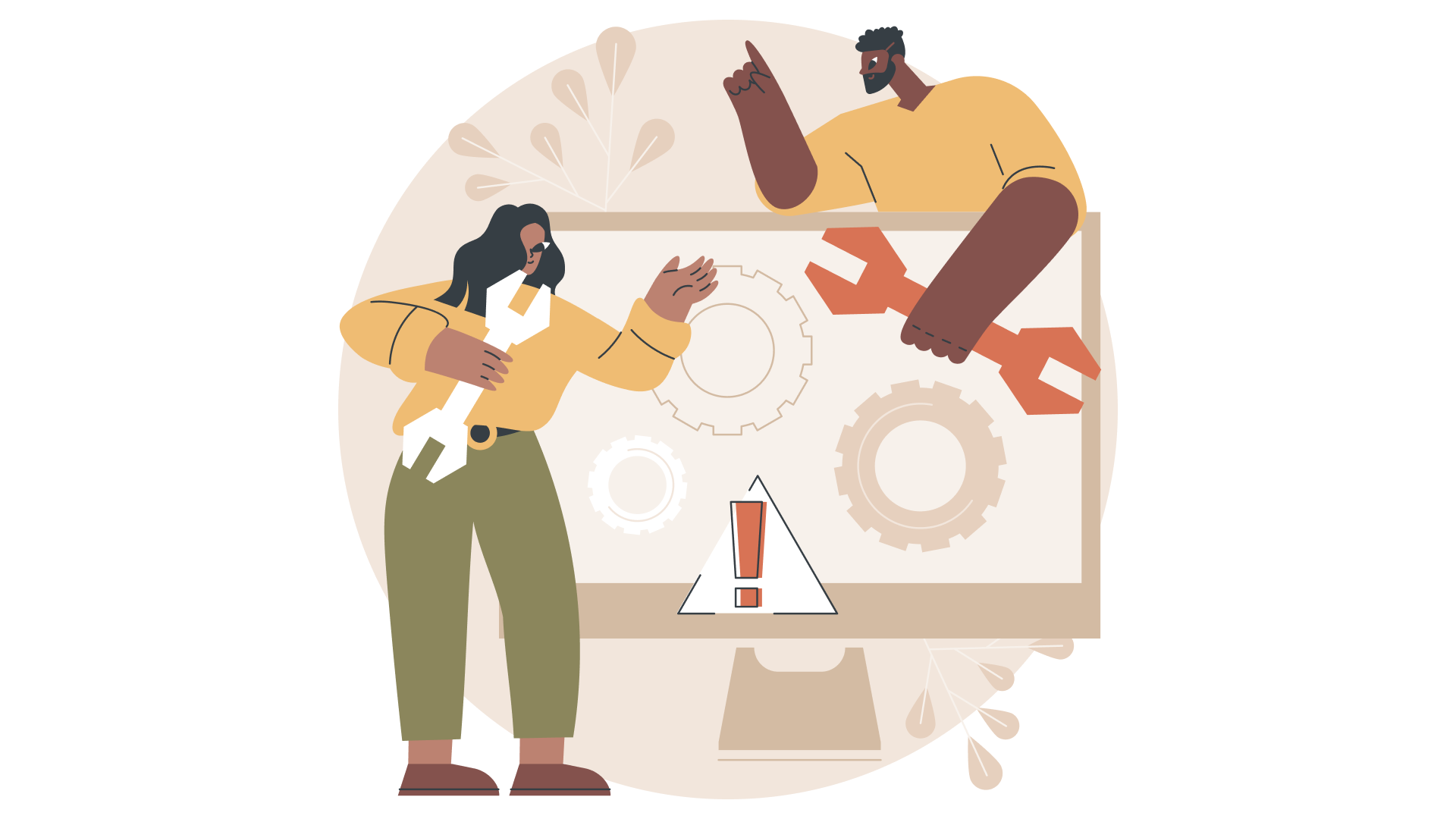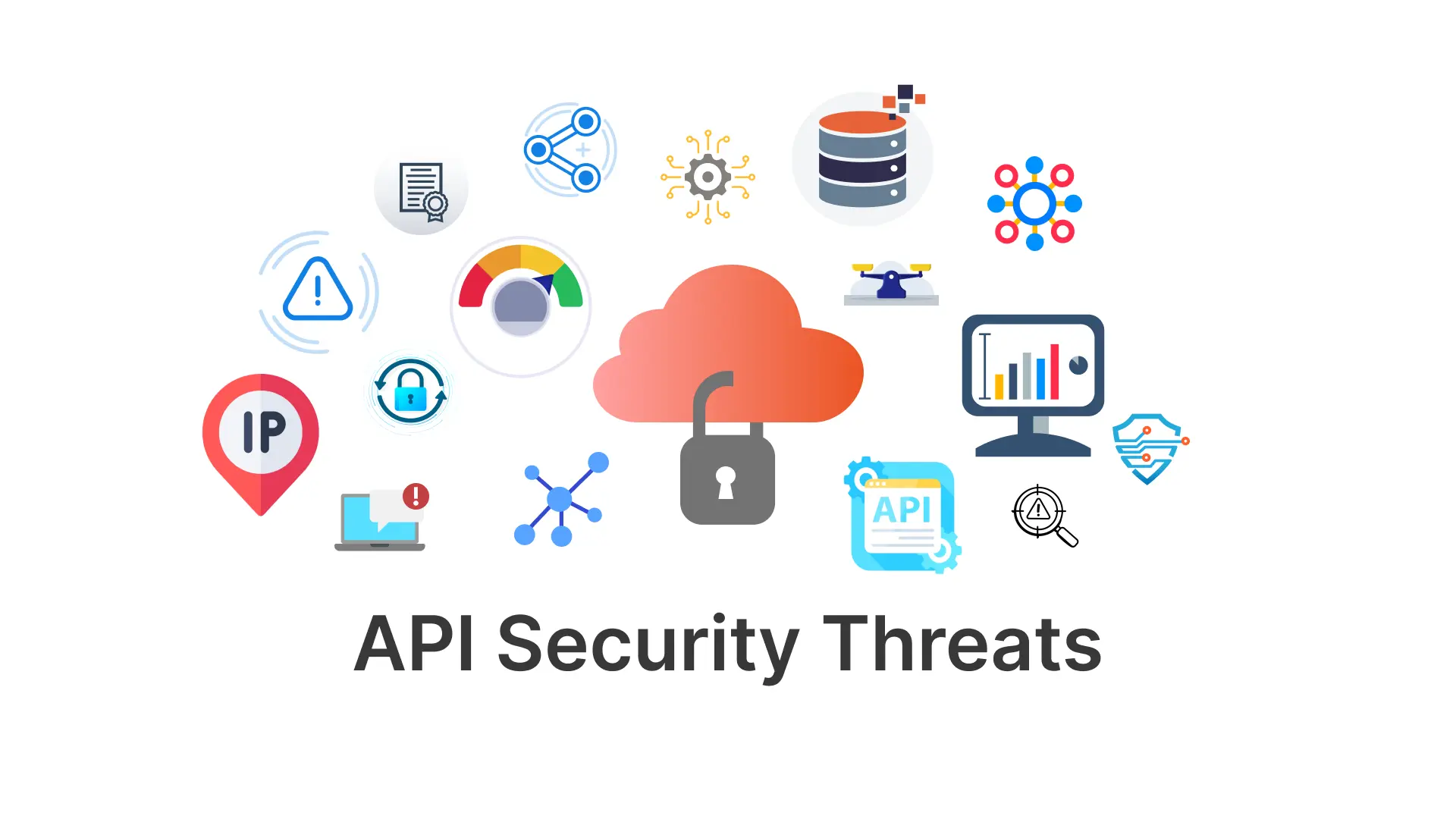Protecting APIs from security threats like Broken Object Level Authorization (BOLA), DOS attacks, etc., is crucial in the field of API security. In 2019, the OWASP Foundation published a report under the API Security project which consisted of the top ten API security vulnerabilities faced by organizations. According to the report, Broken Object Level Authorization(BOLA) holds the highest position in the ranking. In this blog post, we will discuss Broken Object Level Authorization as well as how an API gateway can help in the prevention of this attack.
What is Broken Object Level Authorization (BOLA)?
Broken Object Level Authorization occurs when one user can access another user's resources due to improper authorization control. In this case, the application does not validate the access of the resource properly. The object or resource can be anything like a file, any information such as the user's address, bank-related sensitive information, etc. We'll go through a simple example to better understand this. Let's assume that we have an application that has an API endpoint “/get/user/user_id”, and this API endpoint retrieves the user's information. As the application will always authenticate the user's identity before sending the response, a problem occurs if one user knows the other user's ID. This situation will allow them to retrieve the user's information.
Common Factors that Lead to Broken Object Level Authorization
As the name suggests, it occurs when an application doesn't verify whether an object/resource that a user is trying to retrieve or access, belongs to that user or not. Here the application has improper authorization. This may be due to a few reasons:
- Lack of secure development practices
- Misconfiguration in access control rules
- In some scenarios, client-side control, such as javascript has control to manage the access control which can be manipulated, also may lead to a BOLA attack
How to Prevent BOLA Attack with API Gateway?
Before discussing how we can prevent BOLA attacks with the help of an API gateway, we will first get a brief introduction to an API gateway. The API Gateway is a single entry point for all backend APIs. It takes requests and routes them to a particular backend service. API gateway has features to prevent many attacks like brute force, DoS attacks, and many more To prevent BOLA (Business Logic or Application Logic Abuse) attacks using an API gateway, consider implementing the following security measures:
- Input Validation: Implement thorough input validation on API requests to ensure that all data is properly validated, including parameters, headers, and payloads. Validate input against expected formats, lengths, and allowed characters, and reject any requests with suspicious or malformed data.
- Authorization and Access Control: Implement robust authentication and authorization mechanisms to control access to your API endpoints. Verify the identity and permissions of the requesting user or application before allowing access to sensitive operations. Use strong authentication protocols and enforce least privilege principles, granting only the necessary permissions required for each user or role.
- Proper Authentication Tokens: Use secure and unique authentication tokens, such as JSON Web Tokens (JWT) or OAuth 2.0 tokens, to authenticate API requests. Instead of relying on user-provided IDs, JSON Web Tokens (JWT) is a more secure solution to the problems with Broken Object Level Authorization (BOLA). An API gateway uses a JWT token to fetch IDs. By employing this strategy, we give priority to the use of JWT tokens for API Gateway authentication and authorization.
- Business Logic Validation: Review and validate the business logic of your API endpoints to identify potential vulnerabilities. Perform thorough security assessments and penetration testing to uncover any weaknesses or abuse scenarios. Consider involving security professionals to identify potential BOLA attack vectors.
- Secure Session Management: If your API gateway uses session management or maintains state, ensure that sessions are securely managed and protected against session-related attacks, such as session hijacking or session fixation.
- Rate Limiting and Throttling: Attackers may use the brute-force method to try and get resource identifiers (IDs) in some circumstances. In that case, rate limiting can be useful. A feature of API gateways allows rate-limiting constraints to be applied to APIs. We can set limits on specifics like the number of requests the API gateway should be able to process in a certain time. For example, we can configure that the API gateway must accept only 10 requests per second.
- Regular Updates and Patching: Keep your API gateway software up to date with the latest security patches and updates. Vulnerabilities in API gateway software can be exploited by attackers to launch BOLA attacks.
- Logging and Monitoring: Implement comprehensive logging and monitoring for your API gateway. Monitor for any suspicious activities, unusual patterns, or unexpected behavior that could indicate a BOLA attack in progress. Analyze logs and monitor system metrics to detect and respond to any potential security incidents promptly.
By implementing these preventive measures, you can significantly reduce the risk of BOLA attacks on your API gateway and enhance the security of your API infrastructure.
Broken Object Level Authorization (BOLA) is a critical vulnerability that can lead to major data breaches. It occurs when an application doesn't validate the resource access properly. Even big tech companies like Apple and Uber have been victims of BOLA attacks in the past. An API Gateway is highly recommended to prevent a BOLA attack.



